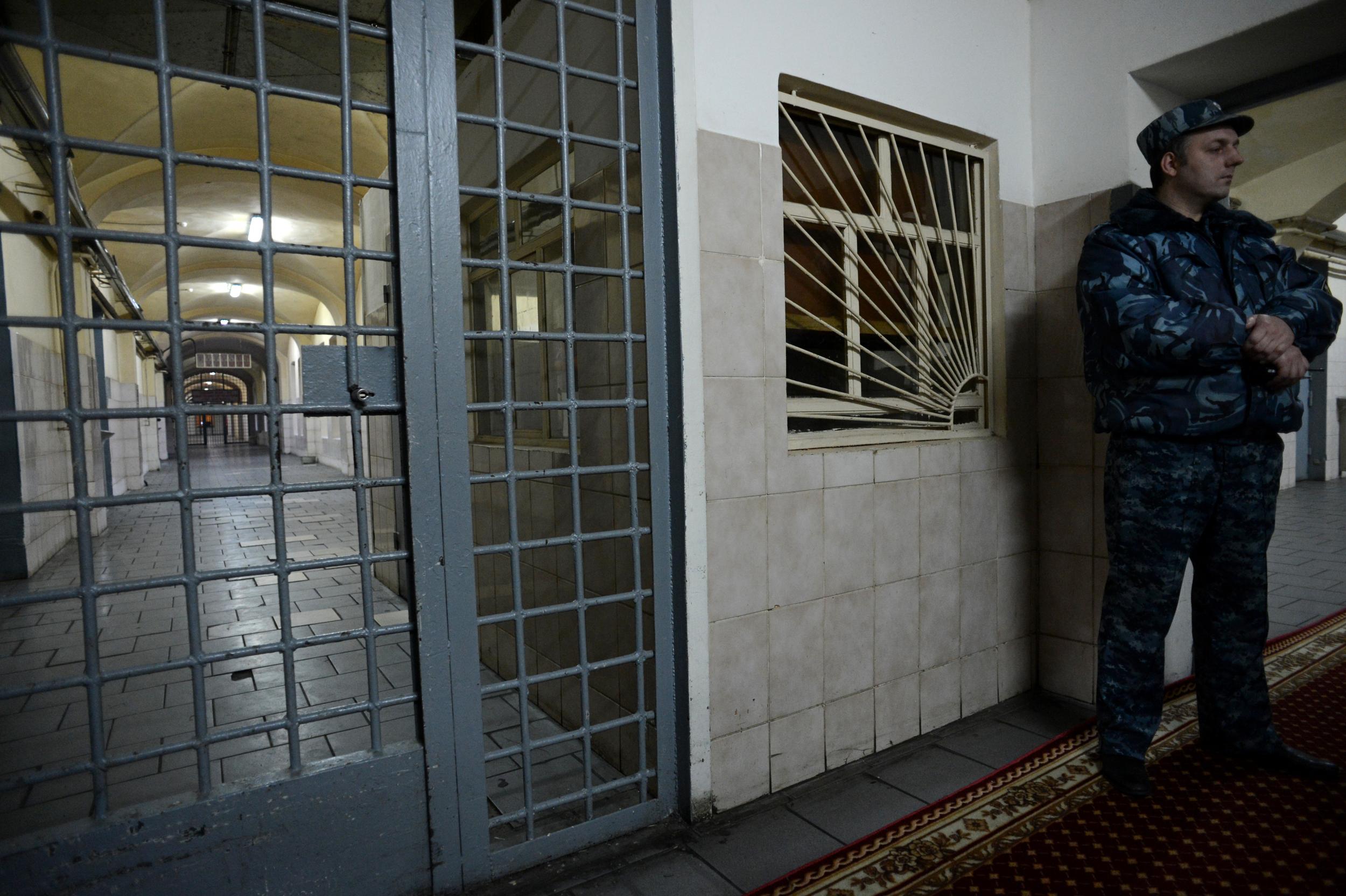Your support helps us to tell the story
From reproductive rights to climate change to Big Tech, The Independent is on the ground when the story is developing. Whether it's investigating the financials of Elon Musk's pro-Trump PAC or producing our latest documentary, 'The A Word', which shines a light on the American women fighting for reproductive rights, we know how important it is to parse out the facts from the messaging.
At such a critical moment in US history, we need reporters on the ground. Your donation allows us to keep sending journalists to speak to both sides of the story.
The Independent is trusted by Americans across the entire political spectrum. And unlike many other quality news outlets, we choose not to lock Americans out of our reporting and analysis with paywalls. We believe quality journalism should be available to everyone, paid for by those who can afford it.
Your support makes all the difference.Russia’s Ministry of Justice has issued a bizarre new diktat barring prisoners from swearing while incarcerated at pre-trial detention centres.
The Moscow-based Inferfax news agency reported that a profanity-laden prison slang known as fenya is now prohibited, although it wasn’t clear what punishments convicts would face if they continued cursing.
The decree is in keeping with Vladimir Putin’s hatred for swearing, which last year saw him ban all profanity on Russian TV, film, theatre and newspapers. Those moves were widely interpreted as Putin’s attempt to encourage Russians to adopt family values influenced by Russian Orthodox Christianity.
The latest ban is not Putin’s first attempt to stamp out fenya. In 2013 prison guards were barred from using the decades-old criminal slang, which the Ministry of Justice described as being “threatening”, “insulting” and “defamatory”.
A 2002 report in The Moscow Times revealed how fenya had been in existence for at least several decades, although its origins remained a mystery.
“Fenya is the language of the camps and prisons. Developed over decades, it is made up of thousands of words and expressions that describe everything from a corpse [zhmurik] to a scam [kinut],” the report says.
“As the zeks [prisoners] left the zone, they took their language with them, and fenya has infiltrated standard Russian to the point that many speakers don't even know the unsavory derivations of the words they are using,” it adds.

Join our commenting forum
Join thought-provoking conversations, follow other Independent readers and see their replies
Comments